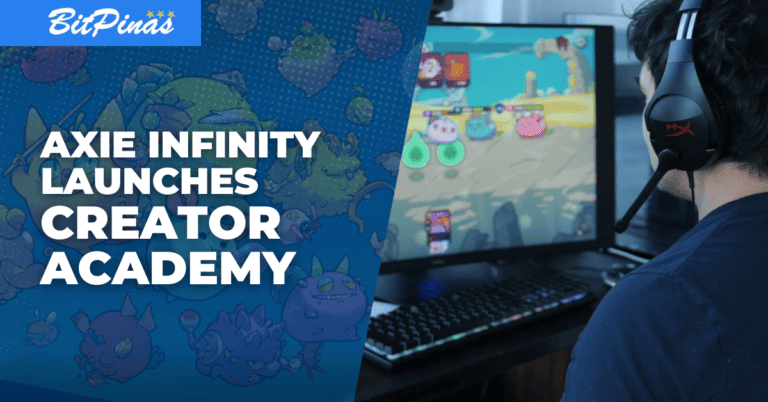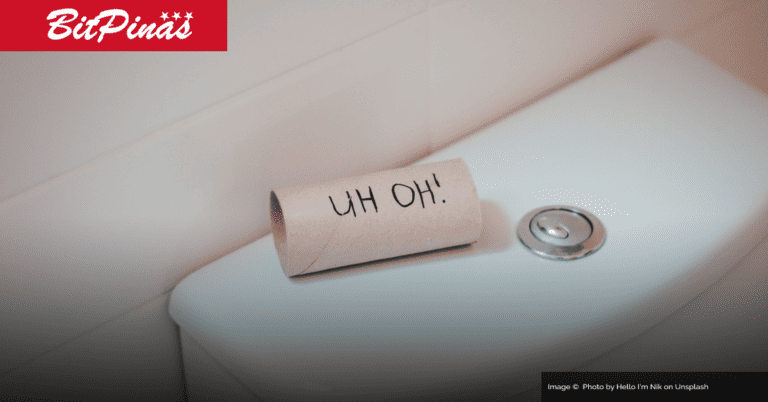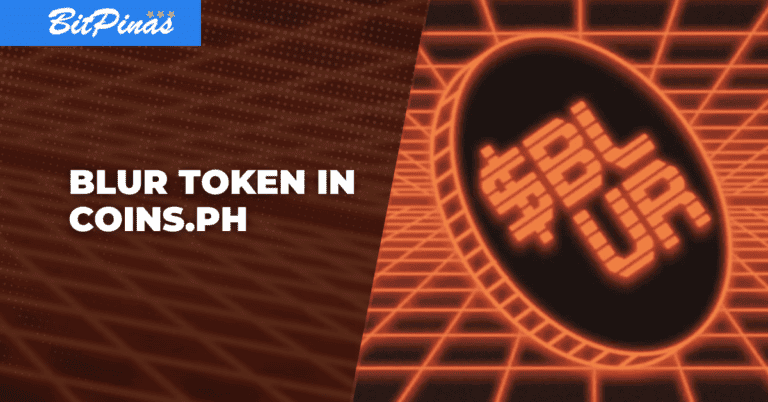Twala Receives Php 4.6 Million Grant from DOST
Blockchain startup receives a grant from the DOST to pursue its digital signature solutions business.

The Department of Science and Technology (DOST) – Philippine Council for Industry, Energy and Emerging Technology Research and Development (PCIEERD) has awarded a grant worth ₱4.6 million in Twala, a blockchain startup, with the aim to further help firms power their remote or hybrid work arrangements through the startup’s digital signature solution.
The PCIEERD Grant Fund was made possible through the implementation of the Republic Act (RA) No. 11337, or the Innovative Startup Act of 2019. Startups, especially those located in any of the DOST-supported Technology Business Incubators, were encouraged to apply for this year’s theme.
In a blog post Twala shared that the fund is part of the semiannual PCIEERD Grant Fund Program, that aims to help startups overcome research and development (R&D) roadblocks, strengthen intellectual property, establish initial market traction, refine business models, and prepare business continuity plans. Twala was able to receive funds for they embody the theme for this year’s first cycle, “Powering Startups to Thrive in the Next Normal”.
Twala, through their blockchain-based digital signature solution, provided companies with an innovative and secure way to legally sign their documents. The blockchain solutions firms noted that with the current increase in the technology’s adoption, companies are rapidly shifting to full-remote or hybrid work arrangements.
The firm highlighted that their digital signature solution will help the companies save money and effort as they will no longer need to print and courier documents for sign-off, enabling them to thrive in the next normal. Twala also helps companies reduce fraud risks because all documents signed within its platform are tamper-proof, auditable, and independently verifiable.
Jeffrey Reyes, Chief Executive Officer of Twala, expressed that they will use the fund to improve the security and user experience of its digital signature platform as well as accelerate the R&D activities for its Twala Blockchain Network. These steps will help advance the practical application of blockchain in the Philippines as well as support DOST’s new blockchain training program which will aid their researchers to further explore the use cases of the technology.
“We thank the DOST-PCIEERD for their trust and support of our technology. Despite its increasing adoption, blockchain’s full potential is yet to be realized. Our blockchain-based digital signature solution proves the technology’s immense potential beyond cryptocurrency and NFTs. Right now, we’re only seeing the tip of the iceberg. We want to leverage our experience and knowledge to dive further into this trend and uncover what more can be done with blockchain and how it can improve our lives,” Reyes stated.
Recently, Twala was integrated with the PLDT Enterprise to produce a blockchain-powered document and digital signature platform which aims to further strengthen the group’s suite of information and communications technology offerings. This was made possible through the signing of a memorandum of understanding between Ohelio, Inc., the firm behind Twala, and telecommunications company PLDT. (Read more: PLDT Partners with Ohelio to Offer Blockchain Smart Contracts Solution)
Chief of DOST-PCIEERD Technology Transfer and Commercialization Division Russell Pili also noted that the department is looking to grant funds to more startups in the future.
Among the 38 applicants for the PCIIERD Grant Fund Program, only six startups, including Twala, were selected for this cycle; the other five selected startups are Olivia Technology Group, Hubware, Creatorbox, Brooky, and Cerebro.
Olivia Technology Group is a tech firm that is focused on automating the accounts payables process and expense tracking through AI. Hubware is a startup that develops a professional assistance platform intended to improve customer services. CreatorBox is run by a group of parents and educational technologists that aims to inspire future creators. Brooky is a platform made specifically for the digital real estate developer by providing a cloud-based web and mobile app that speeds up sales processing. And Cerebro is an education-tech startup that aims to further enhance its platform and become an integrated school management and content library system which can co-exist with schools’ current systems.
“The focus of the DOST is on technology, strengthening the foundations of the tech, validating the product, improving the tech, and refining your business model in the process. Unfortunately, these incur costs, and not all startups have the capacity to access expertise, equipment, and the help needed to protect their intellectual property, reach out to more people, and get feedback for their products or services. This is where the Startup Grant Fund comes in. Since we started the program in 2021, we evaluated a total of 120 applicants and approved 27 startups for the grant. We hope to help more startups in the coming year and increase the number of grantees over time,” he stated.
Last May, DOST announced that the department will be training its own in-house scientists and technologists about how blockchain can be used and practically applied in the Philippines. (Read more: DOST to Train In-House Scientists in Blockchain)
Moreover, the department signed a Memorandum of Understanding with Digital Pilipinas last March to lay out strategies in establishing university-based decentralized innovation centers across the Philippines. These centers aim to promote education, industry, and government collaboration with blockchain and other emerging technologies. (Read more: DOST To Launch Decentralized Innovation Centers in PH Universities)
This article is published on BitPinas: Twala Receives Php 4.6 Million Grant from DOST
Disclaimer: BitPinas articles and its external content are not financial advice. The team serves to deliver independent, unbiased news to provide information for Philippine-crypto and beyond.




